Faculty of Medicine engaged in fight against COVID-19
March 20, 2020
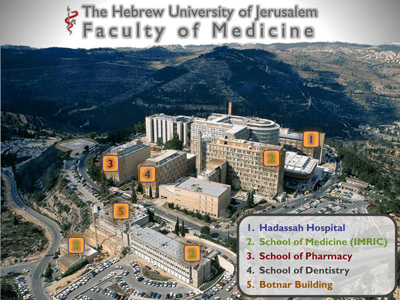 Hebrew University’s Faculty of Medicine is applying its full scientific and medical expertise and resources to combatting the COVID-19 virus. Many of the top Israeli scientists in the fields of virology, microbiology, immunology, cellular biology and epidemiology are members of our Faculty and have joined forces to win this battle.
Hebrew University’s Faculty of Medicine is applying its full scientific and medical expertise and resources to combatting the COVID-19 virus. Many of the top Israeli scientists in the fields of virology, microbiology, immunology, cellular biology and epidemiology are members of our Faculty and have joined forces to win this battle.
Doctors and scientists at the Faculty are working intensively on broad aspects of the viral epidemic, with the aim of enhancing and scaling up virus detection efforts, developing new tools to identify the virus and its carriers as well as new protocols for patient treatment, the prevention of infection, and the development of new vaccine(s). These efforts include:
Diagnostics
HU researchers are designing and testing rapid diagnostic kits, shortening the test time needed for virus identification and developing innovative ways for scaling up testing. We are also developing means to identify individuals who have been exposed to the virus, even without showing symptoms, or have recovered from the disease and now harbor in their blood antibodies to the virus. This may enable us to identify people who are already resistant to the virus, improve isolation modes and minimize the spread of the epidemic. These efforts involve a number of scientists, including Prof. Yuval Dor, Prof. Eylon Yavin, Dr. Maayan Salton and others.
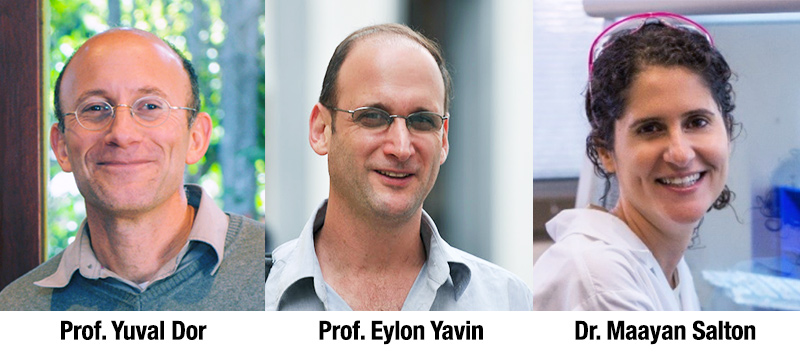
Vaccine development
This effort is being led by our scientists who have previously worked on related viruses such as SARS and MERS, and have intimate knowledge of the structure and behavior of these viruses as well as of their components. Based on this in-depth knowledge and experience, our scientists, including Dr. Alex Rouvinski, Prof. Ora Schueler-Furman, Prof. Sigal Ben-Yehuda, Prof. Ilan Rosenshine, Dr. Reuven Wiener and others, are designing new vaccines and have begun to produce the proteins needed for the vaccines.
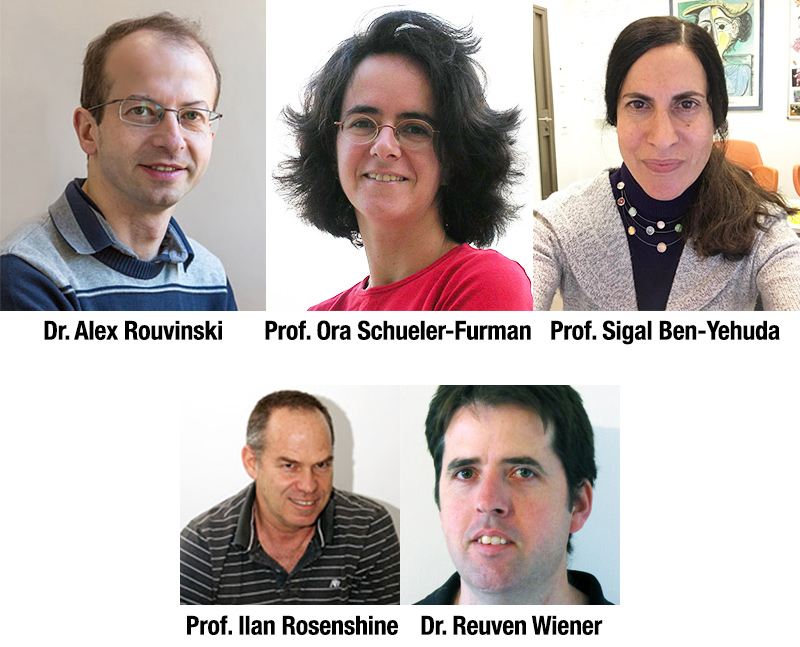
Improving the capacity of the immune system to combat the virus
The immune system plays the role of a double-edged sword in its encounter with the viral disease. Some immune cells, such as those that produce antibodies, are helping to defeat the virus, while other immune cells produce factors that aggravate the disease, particularly the virus-induced pneumonia. Our scientists, including Prof. Ofer Mandelboim, Dr. Michael Berger, Dr. Oren Parnas, and Prof. Yinon Ben-Neriah, are designing novel approaches to reinforce the constructive immune components and weaken the destructive ones of the immune system.
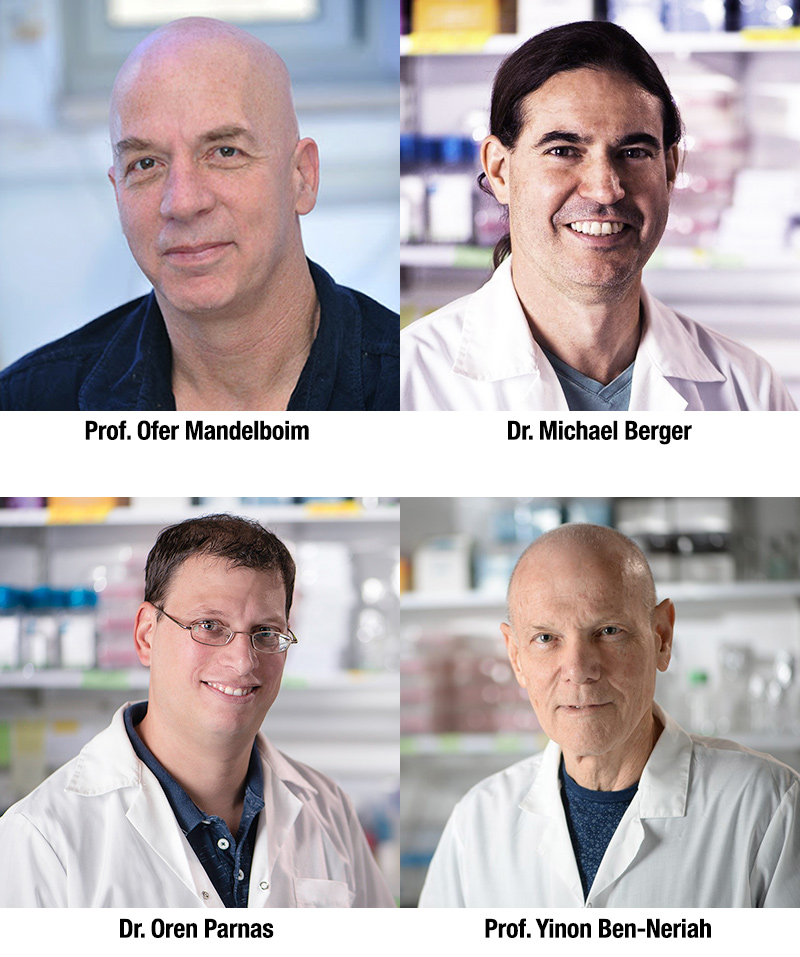
Creating model systems to study the COVID-19 virus and develop new anti-viral drugs
Animal models for the disease are essential for testing any new management protocols. Mice, for example, are not infected by the virus, because they don’t carry the human ACE2 receptor through which the virus enters cells. Our scientists, including Dr. Lior Nissim and Dr. Yossi Buganim and others, are designing mice that are genetically engineered to carry the human ACE2 receptor in their lungs. These “humanized” mice may be infected by the virus and develop human-related disease, and will then serve as a models on which vaccines and other newly developed anti-viral drugs will be tested.
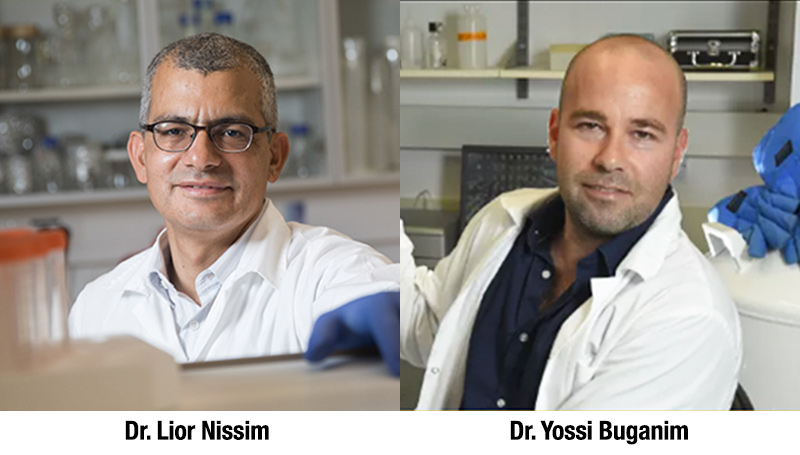
Molecular epidemiology studies to identify virus-susceptible and -resistant populations
Genetic variations among people may explain why some people are infected and others not, and why some develop more severe disease than others. Israel’s population is one of the world’s most diverse, and the study of genes affecting virus infectivity and spread as well as immune-response genes may teach us how to halt this and other epidemics. We are constructing a new patient sample biobank which will offer unique opportunities to understand the genetic factors contributing to disease susceptibility; and our computational scientists, epidemiologists and geneticists, including Dr. Shai Carmi, Dr. Yotam Drier, Prof. Asaf Hellman, Prof. Hanah Margalit, and Dr. Yuval Tabach, will join forces to screen and study the relevant genes.
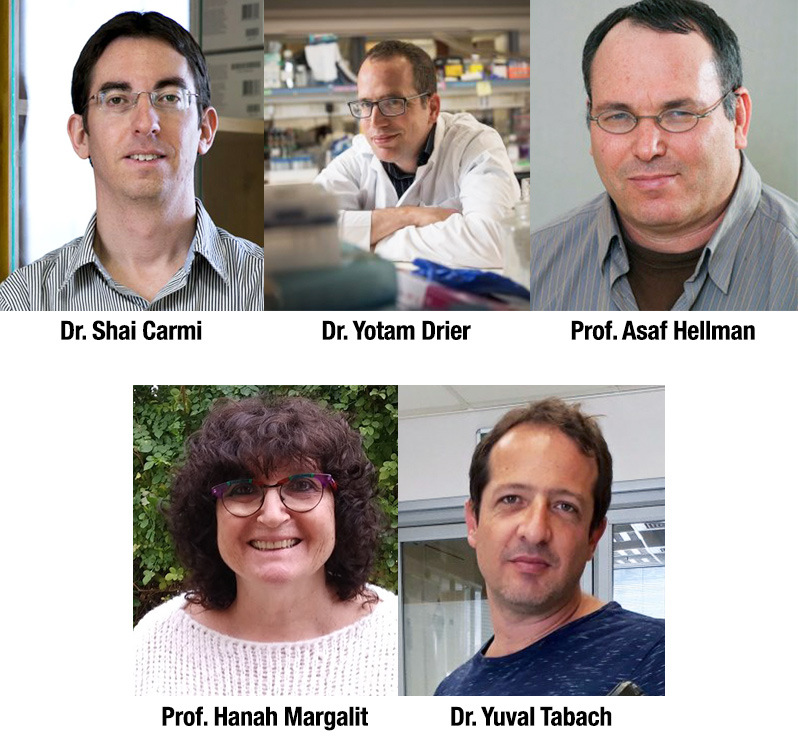
Drug development to block the virus infection and reduce the tissue damage caused by the virus
Our cellular biologists and pharmacology scientists, including Prof. Shmuel Ben-Sasson, Prof. Moshe Kotler, and Prof. Albert Taraboulos, are experimenting with repurposing clinically-approved drugs and even food additives to reduce the infectivity and prevent either direct or indirect tissue damage caused by the virus.
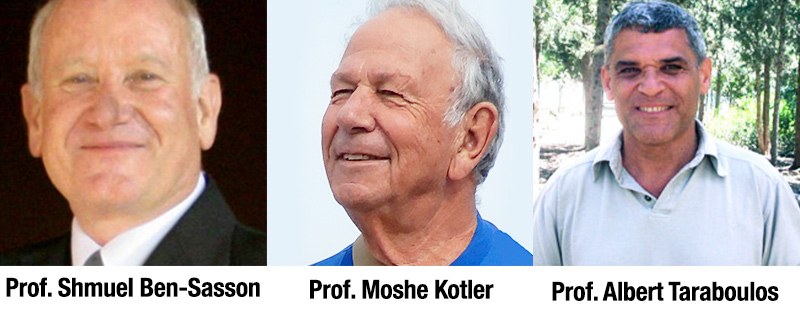
Hebrew University students as the driving force
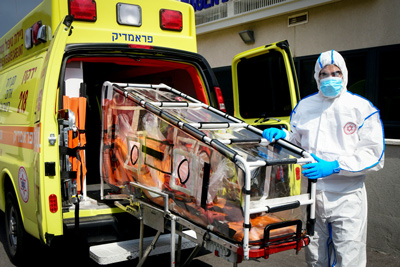 None of the efforts described above would be possible without Hebrew University’s outstanding and motivated medical and research students. All ideas and execution efforts are driven by these brilliant and highly motivated young minds. HU research students are working day and night in the labs, often abandoning their own studies to now focus on the corona epidemic.
None of the efforts described above would be possible without Hebrew University’s outstanding and motivated medical and research students. All ideas and execution efforts are driven by these brilliant and highly motivated young minds. HU research students are working day and night in the labs, often abandoning their own studies to now focus on the corona epidemic.
Students are not only supporting the research but the community as a whole: medical students are volunteering with Magen David Adom to collect swab samples from suspect cases in the community to test for virus carriers; they are visiting at-risk individuals, such as those who have received kidney transplants, to collect blood samples, so that these patients do not have to visit the hospital and risk infection; they are volunteering as babysitters to take care of the children of doctors and nurses, freeing these professionals for their essential healthcare work; and they are manning routine hospital laboratories to cover for absent personnel.
We are extremely proud of our students in this time of need!
